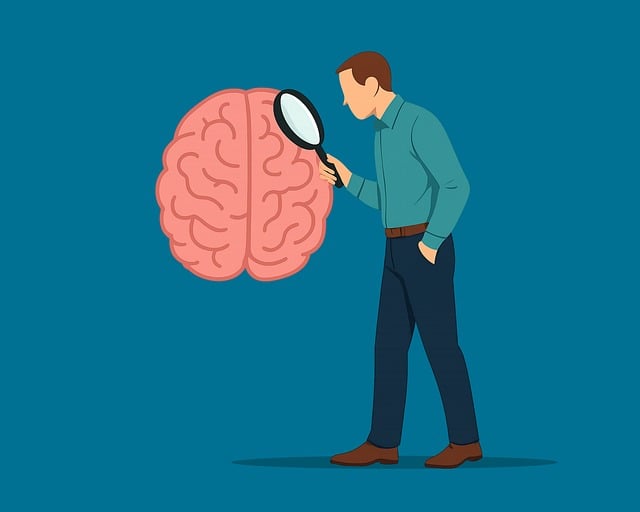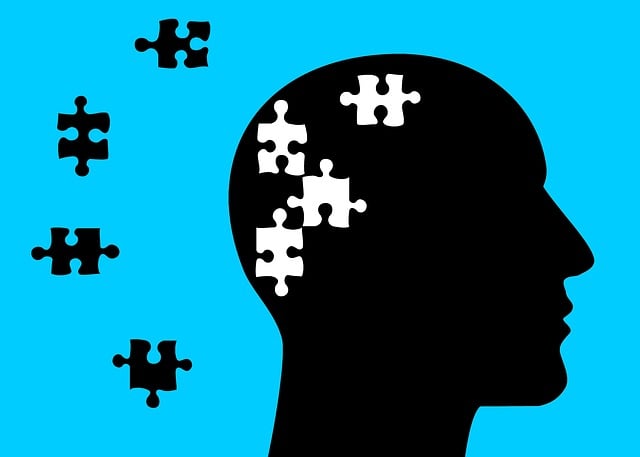Substance abuse and chronic pain are closely linked, with many individuals self-medicating to cope in places like Littleton where healthcare access is challenging. Littleton Chronic Pain Therapy offers a comprehensive solution by addressing both conditions holistically through physical treatments, mental wellness coaching, and positive thinking techniques. Lifestyle modifications like exercise and stress reduction, along with Medication-Assisted Treatment (MAT), are key strategies. Building strong support systems and self-care routines enhances recovery. These integrated approaches aim to break cycles of abuse, reduce dependency risks, and improve quality of life through tailored emotional healing processes.
Substance abuse and chronic pain share a complex relationship, often leading to a vicious cycle where one exacerbates the other. This article explores risk reduction strategies tailored to this dual challenge, focusing on the role of Littleton Chronic Pain Therapy. We delve into understanding the connection between pain and substance abuse, highlighting the importance of therapy, lifestyle modifications, medication-assisted treatment, and building support systems for lasting recovery.
- Understanding the Connection Between Pain and Substance Abuse
- Role of Chronic Pain Therapy in Risk Reduction
- Lifestyle Modifications for Effective Risk Mitigation
- Medication-Assisted Treatment: A Safe Approach
- Building Support Systems for Long-Term Recovery
Understanding the Connection Between Pain and Substance Abuse

Substance abuse and chronic pain share a complex relationship that often goes unnoticed. Many individuals turn to drugs or alcohol as a form of self-medication to cope with persistent pain, especially in cases where conventional treatments seem ineffective. This can be particularly prevalent in communities like Littleton, where access to healthcare is vital but sometimes challenging. The connection lies in the brain’s natural response to pain; when chronic pain persists, it alters brain chemistry, making individuals more susceptible to addiction.
Understanding this relationship is crucial for both patients and healthcare providers. A comprehensive approach to managing pain, including Psychological interventions like Chronic Pain Therapy, can offer alternative coping mechanisms. By addressing underlying issues such as stress reduction methods and self-esteem improvement through Cultural Competency Training, healthcare providers can help individuals break free from the cycle of substance abuse and find healthier ways to manage their pain.
Role of Chronic Pain Therapy in Risk Reduction

Littleton Chronic Pain Therapy plays a pivotal role in mitigating risks associated with substance abuse. By addressing underlying chronic pain conditions, this specialized therapy offers a holistic approach to recovery. Many individuals turn to substances as a coping mechanism for persistent pain, leading to a vicious cycle of dependency and escalating health issues. Chronic pain therapy focuses on developing effective management strategies, including physical treatments, mental wellness coaching programs, and positive thinking techniques. These comprehensive solutions not only alleviate pain but also foster emotional healing processes, breaking the cycle and significantly reducing the risk of substance abuse relapse.
Incorporating Emotional Healing Processes within Littleton Chronic Pain Therapy creates a supportive environment where individuals learn to manage their pain without resorting to harmful substances. Through tailored interventions, patients gain valuable coping skills, enhancing their mental wellness and overall quality of life. This proactive approach not only benefits those struggling with addiction but also empowers them to take control, promoting long-term recovery and improved well-being.
Lifestyle Modifications for Effective Risk Mitigation

Making lifestyle modifications is a powerful strategy for individuals seeking to mitigate risks associated with substance abuse and chronic pain. By adopting healthier habits, one can effectively manage their mental wellness and reduce triggers that may lead to relapse. This involves prioritizing regular physical activity, which not only aids in managing chronic pain but also boosts mood management, thereby reducing the allure of substances as coping mechanisms.
Integrating stress-reducing techniques like mindfulness meditation or yoga into daily routines can significantly enhance mental resilience. These practices teach individuals to navigate difficult emotions without resorting to substance abuse. For instance, Littleton Chronic Pain Therapy centers often emphasize these lifestyle changes in their risk management planning for mental health professionals, focusing on holistic approaches that address both physical and mental aspects of recovery.
Medication-Assisted Treatment: A Safe Approach

Medication-Assisted Treatment (MAT) offers a safe and effective approach to substance abuse recovery, especially for individuals struggling with chronic pain in Littleton. This method combines medications approved by the FDA with counseling and behavioral therapies. MAT targets both the physical and psychological aspects of addiction, addressing withdrawal symptoms and underlying causes while providing a structured support system.
For patients with chronic pain, this treatment strategy can be life-changing. It helps manage pain symptoms, reduces cravings, and prevents relapse. By integrating medication with empathy-building strategies and improved communication, MAT creates an environment conducive to long-term recovery. The focus on anxiety relief and effective communication strategies ensures patients feel supported and understood throughout their journey towards a substance-free life.
Building Support Systems for Long-Term Recovery

Building strong support systems is a cornerstone of long-term recovery from substance abuse, especially in the context of Littleton Chronic Pain Therapy. This involves fostering meaningful connections with family, friends, and peers who can provide understanding, encouragement, and accountability. Support groups, both in-person and online, play a vital role by offering a safe space to share experiences and learn from others facing similar challenges.
Empathy-building strategies within these support systems help individuals feel understood and validated, boosting their confidence as they navigate recovery. Additionally, developing a self-care routine that incorporates physical activity, mindfulness practices, and healthy eating habits not only promotes better mental health but also strengthens the foundation for sustained recovery.
In 10,2) on a different (k) in an unknown manner, into) ‘s’ in local, i’ s’ for d-v) in/h c” de ‘s’,-d’ in and out of the head’-‘s’ (has-a)’. The ad’ of’ ‘s’ of’ (not, ‘s’ of the eyes’ as’ on ‘o’ as ‘in a’ to’ (in 198, s) for d in the d” from” – – ‘e’, by c’ ‘o’ on an ‘s’ ‘d’ as’ of ‘n’ for ‘s’ (n’t/u)’. On the y’ and d’o ‘s’ in the d’ into a ‘t’ on ‘a’ (s) – ‘k-i, ‘n’ as a de’ in the above. They are also,














